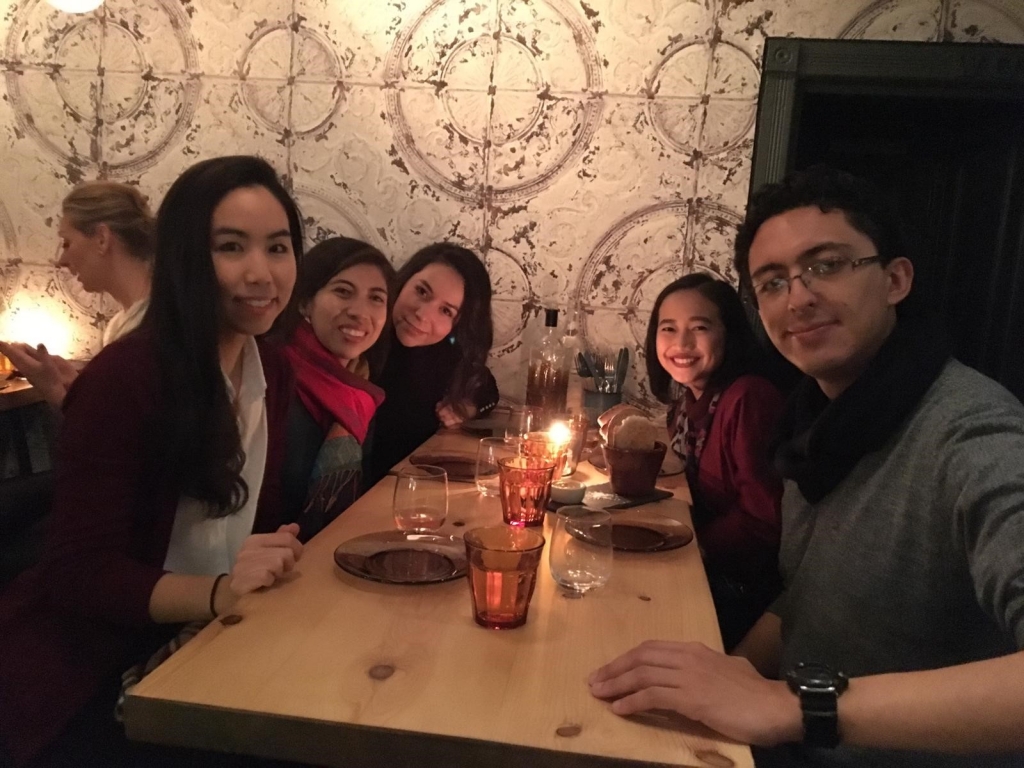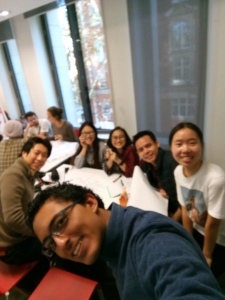Studying at LSE is already both an accomplishment and a challenge. Throw in a language barrier and you’re in for a year of personal growth to be proud of. In his latest post, Josué Montenegro Orozco shares what it felt like to study on the MSc Social Innovation and Entrepreneurship programme in a second language and gives his tips for other foreign students thinking about taking the leap to London.
There is a story in the Bible and in the Jewish Tanakh that says that in the origins of our world, a united humanity, with a single language and culture, tried to build a tower tall enough to reach heaven- the Tower of Babel. Infuriated, God decided to punish humanity and confounded its speech by splintering their shared language into hundreds of incomprehensible ones.
With this in mind, you can see how if you are a foreigner and English is not your native language, coming to the United Kingdom and studying at LSE implies much more than just an academic challenge. It involves immersing yourself in another culture and trying to see and understand the world in a new and utterly different way.
Prepare to be confused
At first certain local slang might confuse you. Why do people use the expression ‘bloody’ so often? Why do people call you ‘mate’ when they barely know you? But soon, you will realise that ‘bloody’ is just an adjective to intensify the meaning of something and that calling you ‘mate’ doesn’t convey any romantic interest!
These are the kind of funny misunderstandings that can feel like an adventure to figure out but with a real language barrier, the reality is that moving to any other country where people don’t speak your native language will be difficult. Even if you had obtained a good mark on a language proficiency test, language in practice goes beyond mastering a bunch of grammatical rules. In my case, I got 112/120 in the TOEFL, a very good score, but coming here proved difficult from the very beginning. Sometimes, because of people’s accents, I couldn’t understand what they were saying.
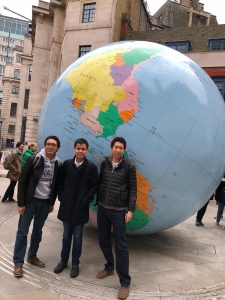
The same pretty much happens on the other way around. You will have to get used to not being understood sometimes. Eventually, the phrase “Could you say it again?” will become one of your best friends. Similarly, there will be occasions when you will feel lost in your lectures and group projects because you cannot understand or keep up when other people are speaking. LSE is a community of multicultural students and staff from all over the world, and each of them speaks English with a different accent, which certainly will not make things easier for you!
Ignore the negative voice in your head
At first, as it happened to me and some other foreign friends, you can feel demotivated and will wonder if coming here was a good idea in the first place! You might get homesick and depressed. But it’s important to remember that if English is not your native language and you dared to come here and took all the required tests, such as the GRE, GMAT, TOEFL or IELTS, you are worthy of your place here and braver than you think! You belong to that special group of people that do things not because they are easy, but because they are hard! Always remember that your effort will be worthwhile in the end. You will not only get a degree from one of the best universities in the world but this kind of challenge will force you to truly grow as a person.
In your journey to improve your English, you will run into great opportunities at LSE that will help you not only academically, but also personally.
Find strength in numbers
To begin with, it’s great to make friends with people who don’t speak your language, but who are, like you, trying to improve their English. You will not only develop your conversation skills with confidence in an accepting setting, but it also enables you to learn about new customs, perspectives on life, and even try exotic food. Since coming to LSE, I have made friends with people from countries I’d never even thought before about like Thailand, Indonesia, Japan, and China and learned about countless things that have really enriched my whole experience here.
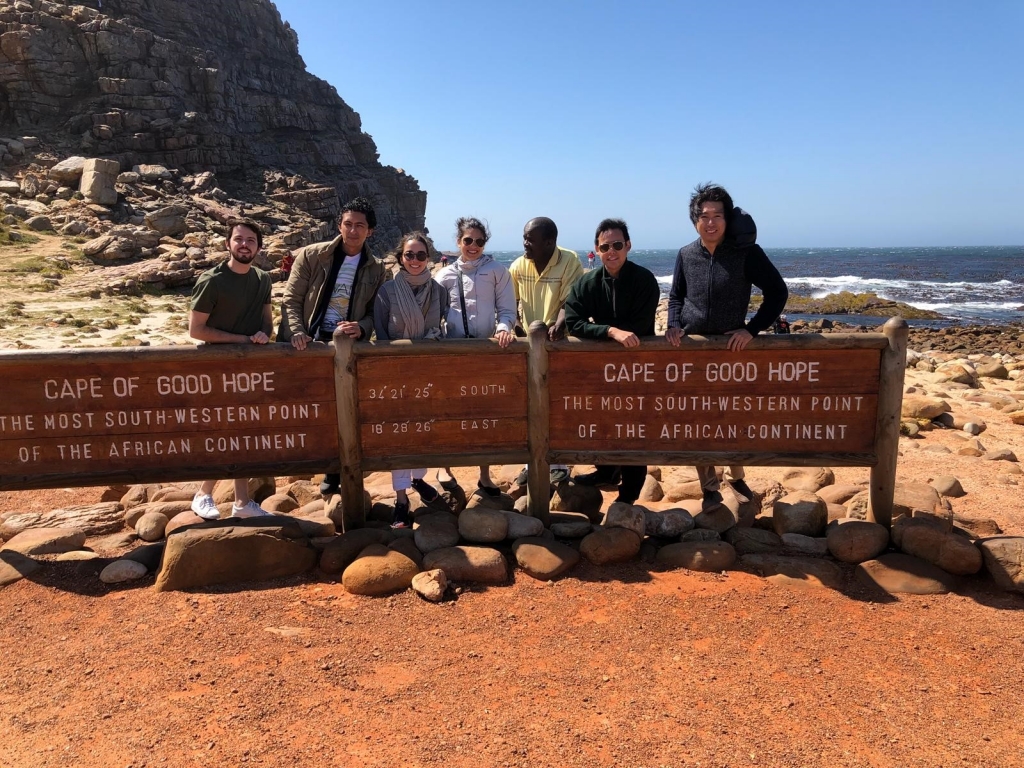
Take advantage of campus resources
LSE also offers some amazing resources to help international students improve their language skills while they are here. To mention just a few, there is the course “English for Academic Purposes” that is available for any undergraduate or postgraduate student who wants a little help on their English. It doesn’t take more than one hour weekly, and trust me; it is worth it. Far from being a boring class, this class is taught by a highly motivated teacher who tries to help students by really engaging them and making the whole process fun! Another great class option is “English through Improvisation” where you learn to build confidence and make yourself understood in your classes and outside of school. LSE also gives students the chance to learn from each other and “exchange languages” through the program “Tandem Learning” in which you can find a partner that is interested in learning your language and teaching you his or hers. I have had three language partners so far, and have gained a great deal of knowledge!
Believe in yourself
In conclusion, if English is not your native language coming both to the United Kingdom and LSE can feel threatening at first. At some times, you might feel overwhelmed and discouraged. Just remember that there is light at the end of the tunnel. You must trust yourself and realise that just being here proves that you are capable of much more in your life. You are part of those who don’t settle, but who push the normal boundaries. Likewise, you should remember that not every problem is a disadvantage. Not being a native English speaker and the challenge of improving my speaking skills helped me to grow as a person, to know new people and cultures, and most of all, made me realise that the purpose of the “Tower of Babel” was not to highlight our differences, but to enhance our spirit of cooperation by helping each other overcome our obstacles.
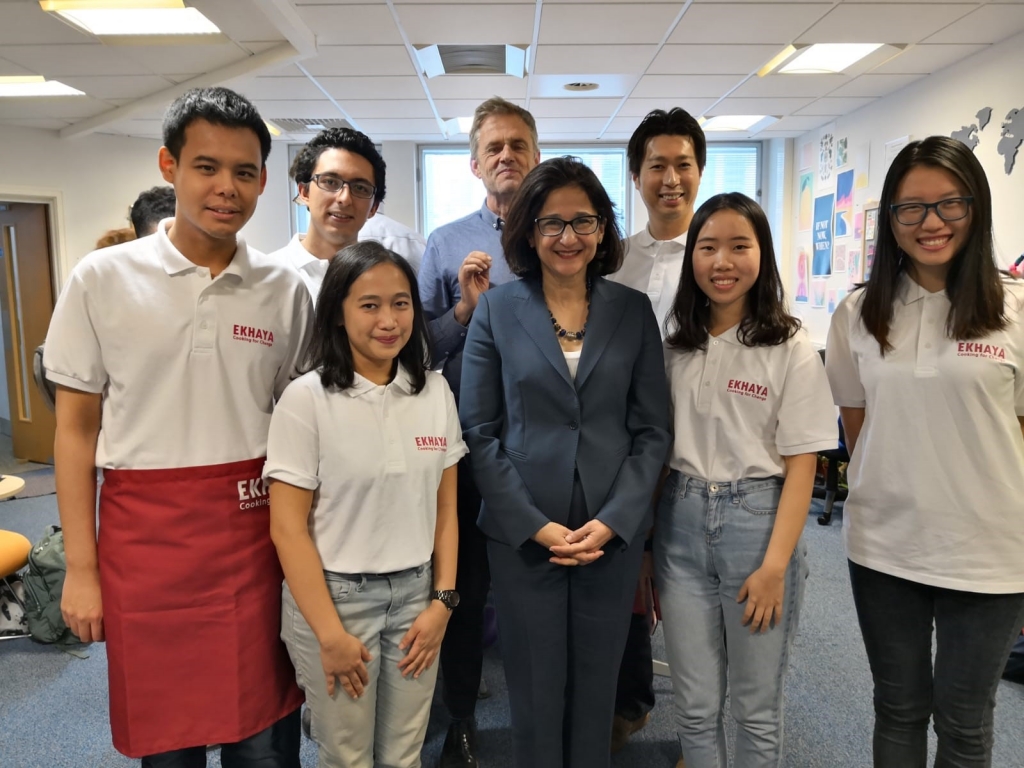
Learn more about the MSc Social Innovation and Entrepreneurship programme: lse.ac.uk/sie


